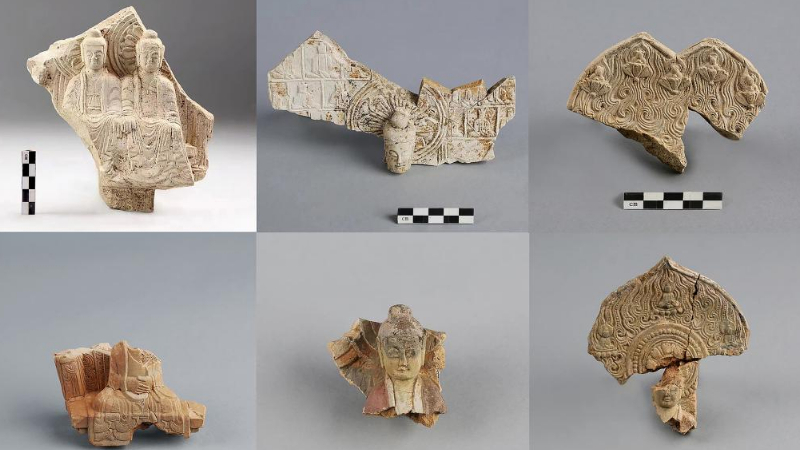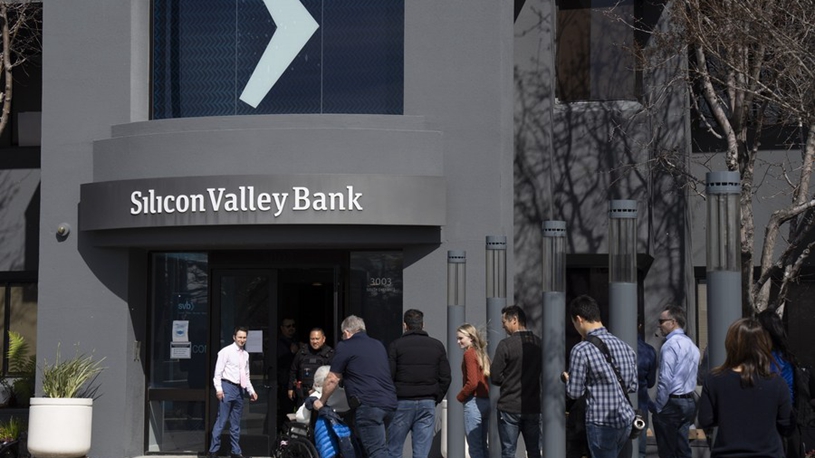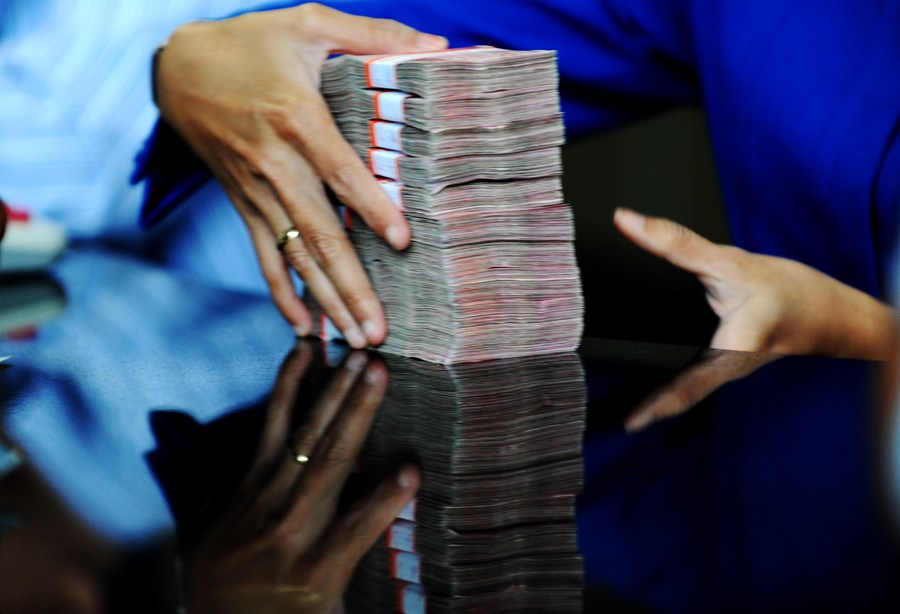
A worker holds the Indonesian currency rupiah at a money changer shop in Jakarta, Indonesia, March 10, 2015. (Xinhua/Agung Kuncahya B.)
"The trade and investment relations have changed fundamentally, yet the global monetary architecture remains practically the same," said David E. Sumual, chief economist of Indonesia's Bank Central Asia, adding that the de-dollarization process has started not only in Southeast Asia but also in Latin America and the Middle East.
JAKARTA, April 5 (Xinhua) -- The plans of the Association of Southeast Asian Nations (ASEAN) to increase its monetary autonomy so as to reduce reliance on certain foreign currencies and payment systems reflect the de-dollarization process going on in several parts of the world, said an economist of Indonesia's Bank Central Asia (BCA).
In the ASEAN Finance Ministers and Central Bank Governors meeting, which ended on March 31, member countries have agreed to reinforce the use of local currencies in the region and reduce reliance on major international currencies for cross-border trade and investment.
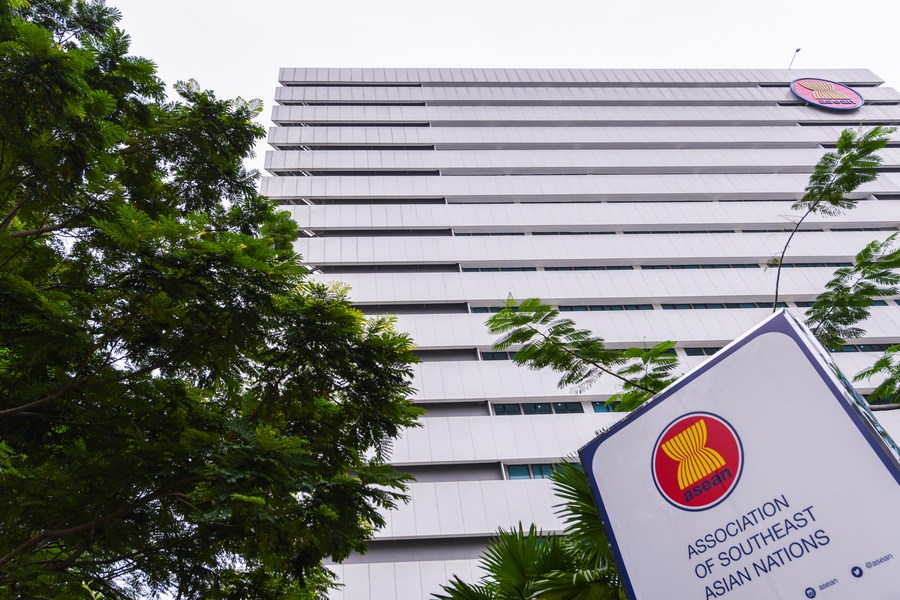
Photo taken on Dec. 30, 2021 shows a view of the ASEAN Secretariat in Jakarta, Indonesia.(Xinhua/Xu Qin)
David E. Sumual, chief economist of the BCA, which is the largest privately-owned bank in Indonesia, told Xinhua in a recent interview that the current global monetary system does not reflect the dynamic market.
"The trade and investment relations have changed fundamentally, yet the global monetary architecture remains practically the same," he said, adding that the de-dollarization process has started not only in Southeast Asia but also in Latin America and the Middle East.
Sumual said the more use of local currencies in the region means reducing the demand for the U.S. dollar and other major currencies. It will not only encourage cross-border trade and investment but also reduce external shocks to the regional economy.
He added that sudden policy changes of U.S. and other central banks always caused volatility in the region, so the ASEAN countries hope to use more local currencies so as to promote economic stability and reduce spillover effects like high inflation.
According to local media, in mid-March, Indonesian President Joko Widodo urged regional administrations to be less dependent on foreign payment networks and start using credit cards issued by domestic banks to shield any transactions from possible geopolitical fallout.
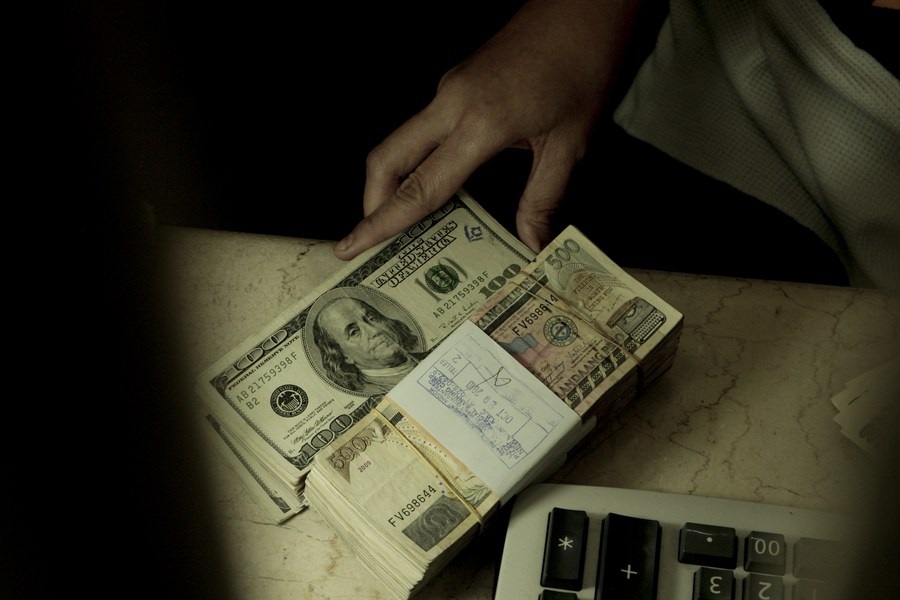
Photo taken on Nov. 3, 2010 shows Philippine peso and U.S. dollar bank notes in Manila, Philippines. (Xinhua/Jon Fabrigar)
Since Western countries blocked the SWIFT banking system for Russia, many Russian tourists could not finish transactions in Indonesia.
"That's why Indonesia wants to develop a domestic payment network," he said.
Regarding the difficulties ASEAN is facing to follow its plan, Sumual said one of them is to harmonize the existing payment systems of member countries and to build standards and regulations.
"If we want to achieve cross-border payment cooperation covering more countries in the region, this is our homework to do right now," he said. ■





